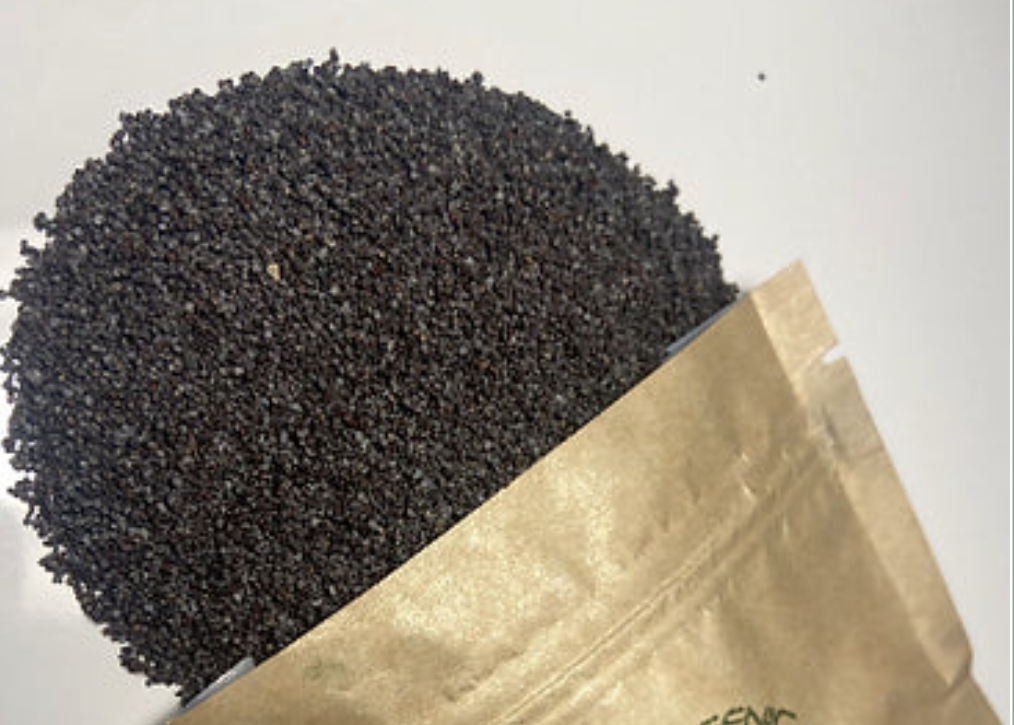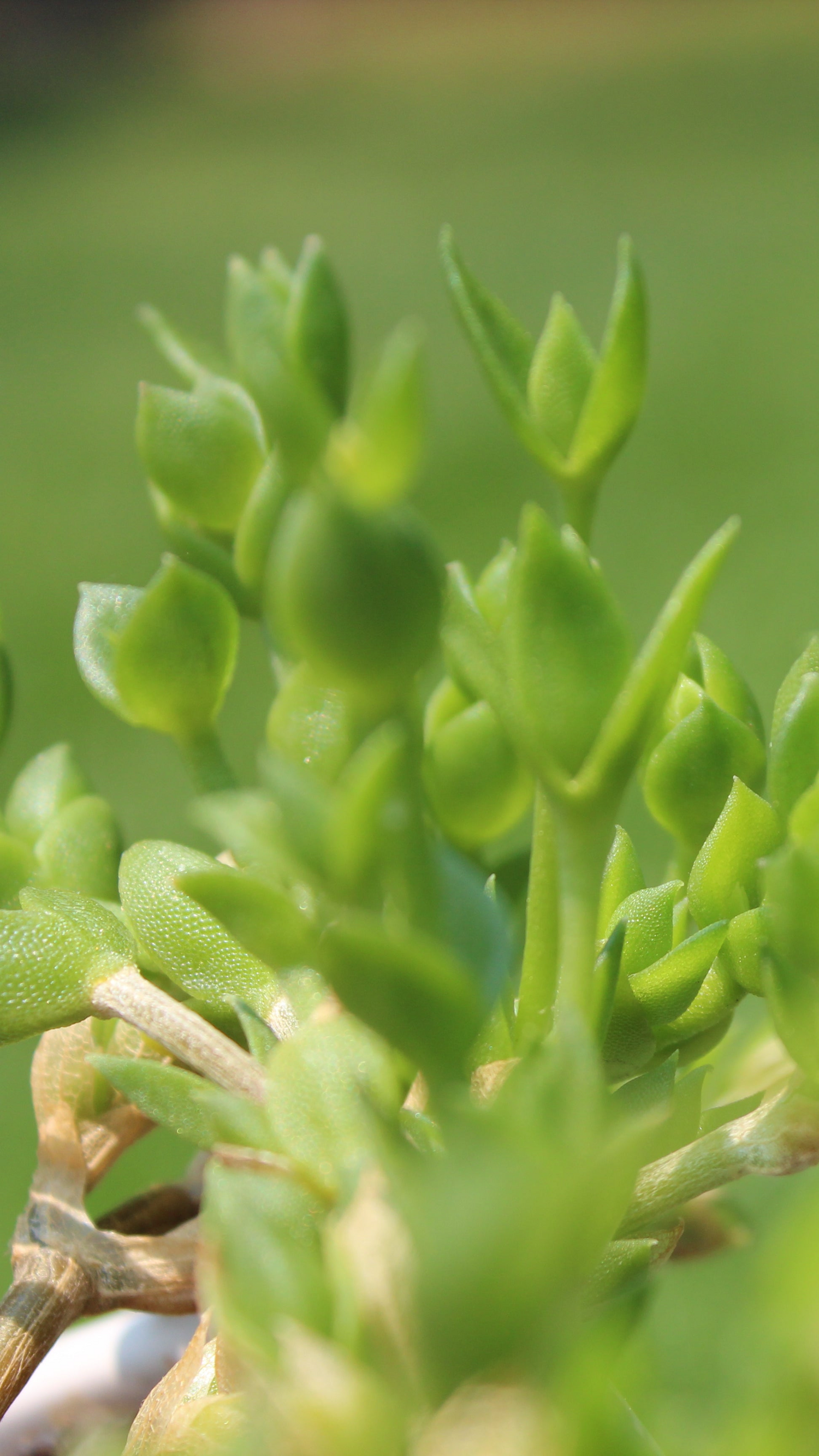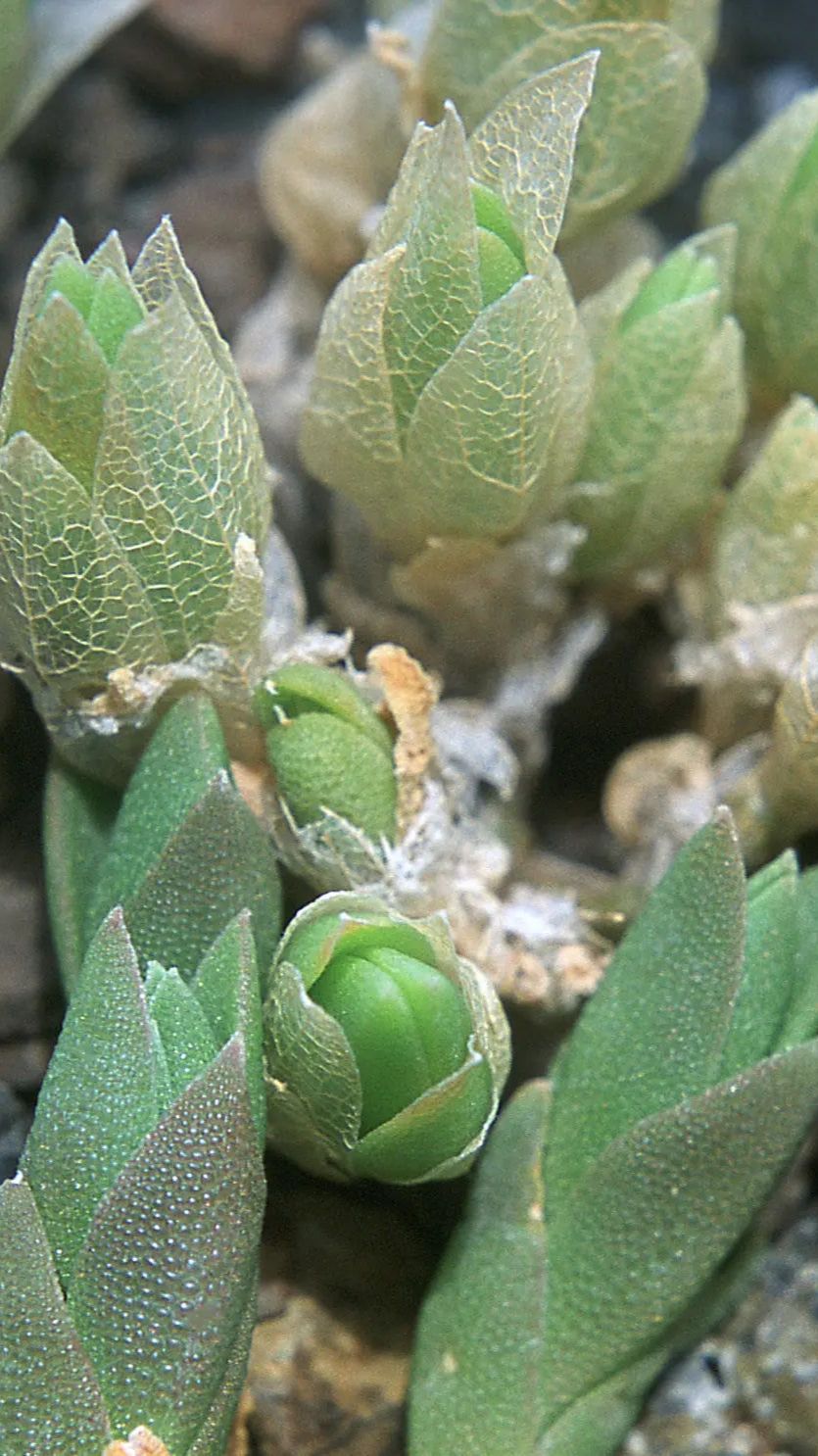
Healing Herbals
Unwashed Organic Poppy Seed (Dutch Variety)
Unwashed Organic Poppy Seed (Dutch Variety)
Couldn't load pickup availability
Unwashed Organic Poppy Seeds
The natural purity of our Unwashed Organic Poppy Seeds. Carefully sourced, these seeds are kept in their authentic state to preserve flavor and texture. A versatile ingredient, they add depth and a subtle nuttiness to baked goods, smoothies, sauces, and more.
Crafted with respect for organic and sustainable practices, our poppy seeds make a wholesome addition to your kitchen. Their natural crunch and delicate taste bring character to both sweet and savory recipes.
FDA Disclaimer: These statements have not been evaluated by the Food and Drug Administration. This product is not intended to diagnose, treat, cure, or prevent any disease.
Share

I could only afford a small amount but it definitely helped.

Kanna & Quality
Healing Herbals commitment extends through sustainable and ethical
sourcing of Sceletium tortuosum. We ensure that our plant material is
organically grown, without the use of synthetic chemicals, and sourced
either from well-managed farms or sustainably maintained wild ecosystems
on private lands.
In alignment with our ethical practices our
main suppliers participate in fair sharing agreements with the
indigenous San and Khoikhoi communities including the South African San
Council. These are the traditional knowledge holders of Sceletium.
Additionally our suppliers are authorized by the Western Province
Department of Cape Nature to distribute and export Sceletium globally

History of Kanna
This revered herb, indigenous to South Africa, has played a
significant role in the lives of the local people, particularly the
Khoikhoi and the San tribes, since prehistoric times. These tribes,
initially hunter-gatherers, used Kanna for various purposes including
relief from thirst and hunger, to combat fatigue, and for social and
spiritual purposes. They had a profound connection with the plant,
associating it with the sacred eland antelope and referring to it by the
same name: 'kanna'.
The first isolation of an alkaloid from Sceletium tortuosum was in 1898 by
Meiring, who called it mesembrine. This discovery led to a deeper
understanding of the plant's chemical composition, though its exact
composition remains elusive.
Kanna's long-standing history
reflects its significance in South African culture and its evolving role
in global herbal medicine and recreational use. From its traditional
roots to modern applications, Kanna has remained a plant of great
interest and value.

